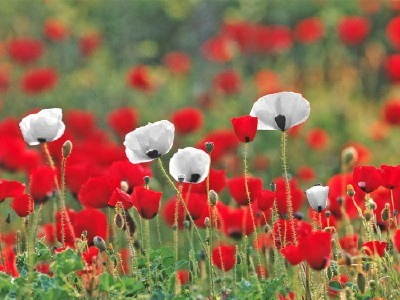Peace is not something you must hope for in the future. Rather, it is a deepening of the present, and unless you look for it in the present you will never find it. Thomas Merton
The ultimate weakness of violence is that it is a descending spiral, begetting the very thing it seeks to destroy. Martin Luther King Jr.
Would that even today you knew the things that make for peace! But now they are hid from your eyes. Jesus
One thing by now is clear. Wars do not create peace. Peace, secured by war is temporary and ultimately illusory. Wars damage the world. Violence over there, affects us here, affects things everywhere.
 Do we still believe that planning for war, building bigger and better weapons will achieve the security and freedom we crave? War and the preparation of war oppose freedom. Militarization spawns invasions of personal privacy and heightened government secrecy. And of course we pay for the curtailment of our own freedom through our taxes. The real winners here are the giant corporate robots.
Do we still believe that planning for war, building bigger and better weapons will achieve the security and freedom we crave? War and the preparation of war oppose freedom. Militarization spawns invasions of personal privacy and heightened government secrecy. And of course we pay for the curtailment of our own freedom through our taxes. The real winners here are the giant corporate robots.
Certainly, there will be no “war that ends all wars,” unless it’s the war that ends planetary existence. Mutually assured destruction is just that. And our high moral condemnation of other nation-states who rush to gain the technology needed for superior weapons, even as we rush to gain the same, should catch in our throat. That it doesn’t requires of us a particular kind of blindness.
While this all seems clear enough, the things that make for peace seem to evade us. We have had, in the past century, two (at least) prophets of peace, two authentic examples of peace through nonviolence. The success that ML King and Gandhi had should have spurred the creation of wider, international efforts to find alternatives to peace through violence. And yet, have there been any governments that have ever considered to seek peace through peaceful means? Has there ever been a discussion, a thought about what a policy of non-retaliation would look like? And as far as our diplomacy goes, isn’t it usually backed by the threat of some form of violence?
But perhaps I speak nonsense. Perhaps, outside of a few aberrations like Jesus, St. Francis, Gandhi, Bacha Khan, King, Mandela, we’ll never be able to give up on the seemingly pragmatic use of violence. Even though something tells us our refusal to renounce it will end in our own demise.
Remembrance Day always brings these conflicting thoughts. It’s not an easy day. For although I feel all of these things, I am also a patriotic Canadian. I can not and I will not be ungrateful. What I can do is try to wrestle with all this. To respect this time and place, to receive this qualified and provisional peace without giving into the lie of violence. And I can, as Merton says, look for it in the present. And to look for it here, I must again examine my own heart. My own resentments and passive aggressive attitudes. For wisdom understands that violence begins in our own beating breasts. And that a peaceful heart begets a peaceful heart.
So on this Remembrance Day I will Remember. I will be thankful for the sacrifices made. And I will be thankful I was not called upon to fight, or to ration, or to move, or to lose anything through war.
But I hope I am also careful to use the kind of accounting that makes for peace. That in remembrance, after calling to mind “our” soldiers, I will call to mind all victims of war. For it seems to me, if we only remember our dead, forgetting those on the other side, the children and all the non-combatants who die, even today, as a result of war, then the things that make for peace will certainly stay hidden.

Profoundly stated, Steve.
… there will never be a war to end all wars; wars beget wars. The quest by war to correct the injustices and errors of the past wars.
… efforts to create peace by peaceful means: PM Chamberlain trying to appease Hitler?
… remembering, along with all that is to be remembered (nicely summarized), that we need not glorify war: War is hell.
Amen Sam. Chamberlain’s attempt to placate Hitler is always thrown up as a failed and naive performance, but the failure(s) that allowed Hitler’s rise to power happened years before.
Such failures are systemic, and if we look long enough we’ll find our places in the systems.